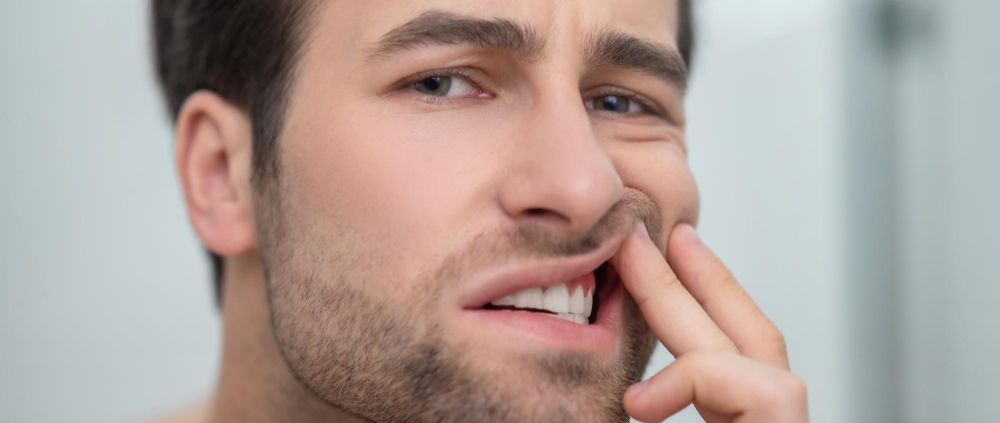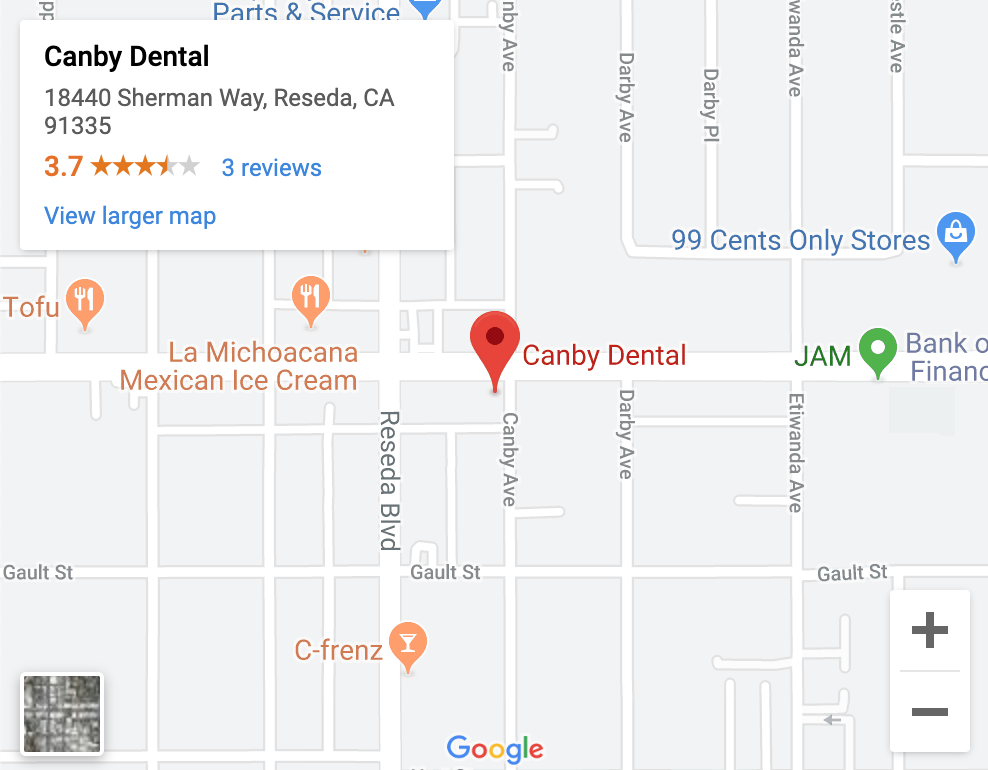How Can I Tell If I Have Periodontal Disease? What Should I Do?
If you have questions about periodontal disease, you’re not alone! Many people wonder about what it is, how it’s treated, and how it’s identified. Your dentist in Reseda, CA can help you with the answers to these questions. If you’re wondering about gum disease and want to know if you have it, here’s what you should know.
What Is Periodontal Disease?
Periodontal disease (also known as gum disease) is a condition that causes inflammation of the gums and bone that surrounds the teeth. Periodontal disease occurs as a result of poor oral hygiene habits and bacteria growth in the mouth. If allowed to progress, periodontal disease can cause tooth loss. The infection can even affect other parts of the body, like the heart. It’s important to get periodontal disease treated as soon as possible to ensure that your teeth and body have the best chance of staying healthy.
What Are the Signs of Periodontal Disease?
There are many signs of periodontal disease, including:
- Red, swollen, inflamed gums
- Bad breath that doesn’t go away when you brush your teeth
- Painful chewing
- Bleeding gums
- Gum recession
What Should You Do If You Have Periodontal Disease?
If you have periodontal disease, or even if you just think you have periodontal disease, then it’s important to visit the dentist. Your dentist can give you a tutorial on how to properly brush and floss your teeth to avoid this problem. Your dentist can also give you a deep clean when you come into the office.
A deep clean is when the roots of the teeth just beneath the gums are cleared of bacteria during a cleaning. This reduces some of the bacteria in the mouth and can help you maintain better oral hygiene.
How Can You Avoid Periodontal Disease?
Periodontal disease isn’t inevitable. By taking care of your teeth at home and getting regular dental cleanings in Reseda, CA, you can avoid gum disease. Start by visiting the dentist at Canby Dental. Your dentist at Canby Dental can inspect your teeth for signs of gum disease and if you have it, your dentist can let you know what to do.








Leave a Reply
Want to join the discussion?Feel free to contribute!